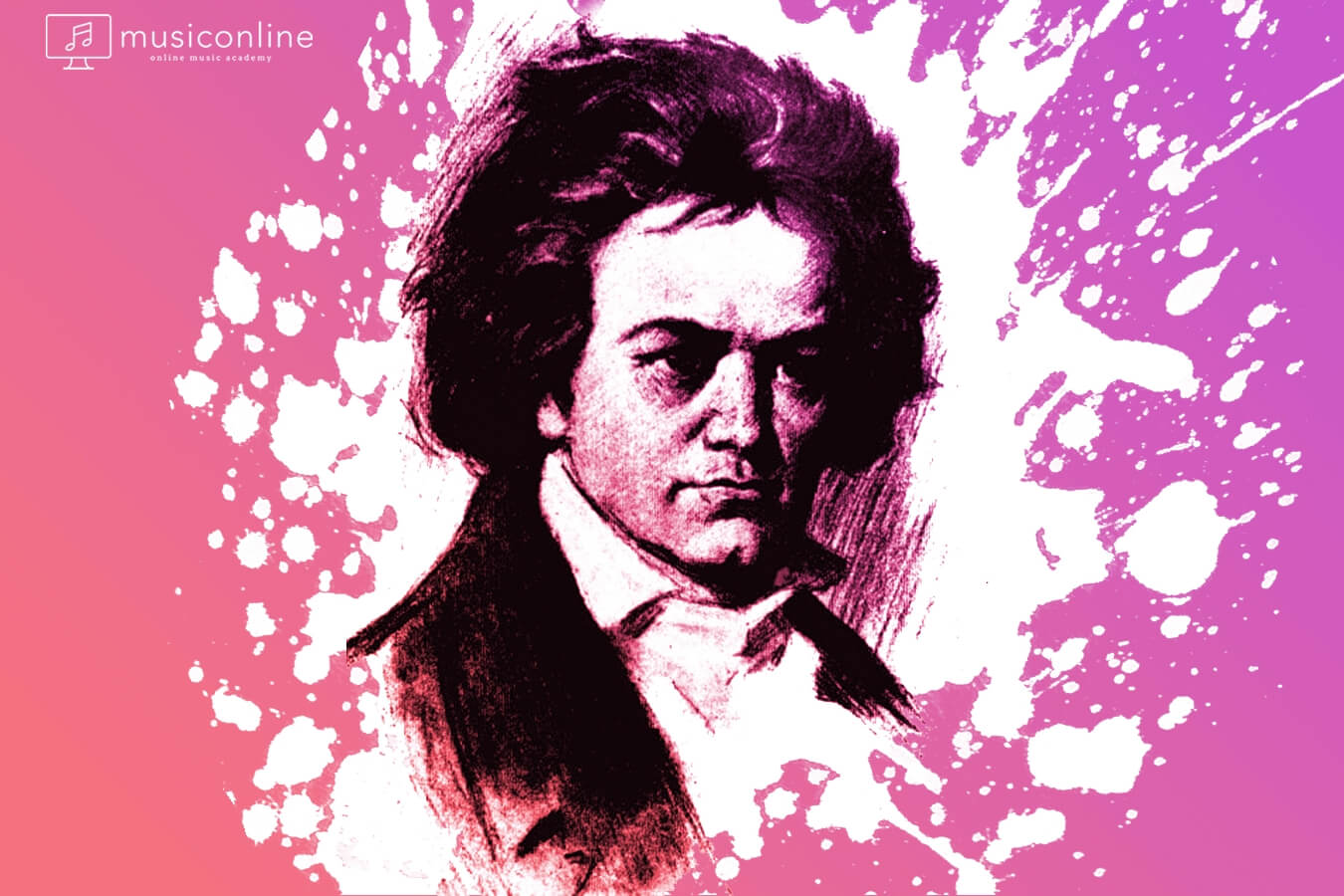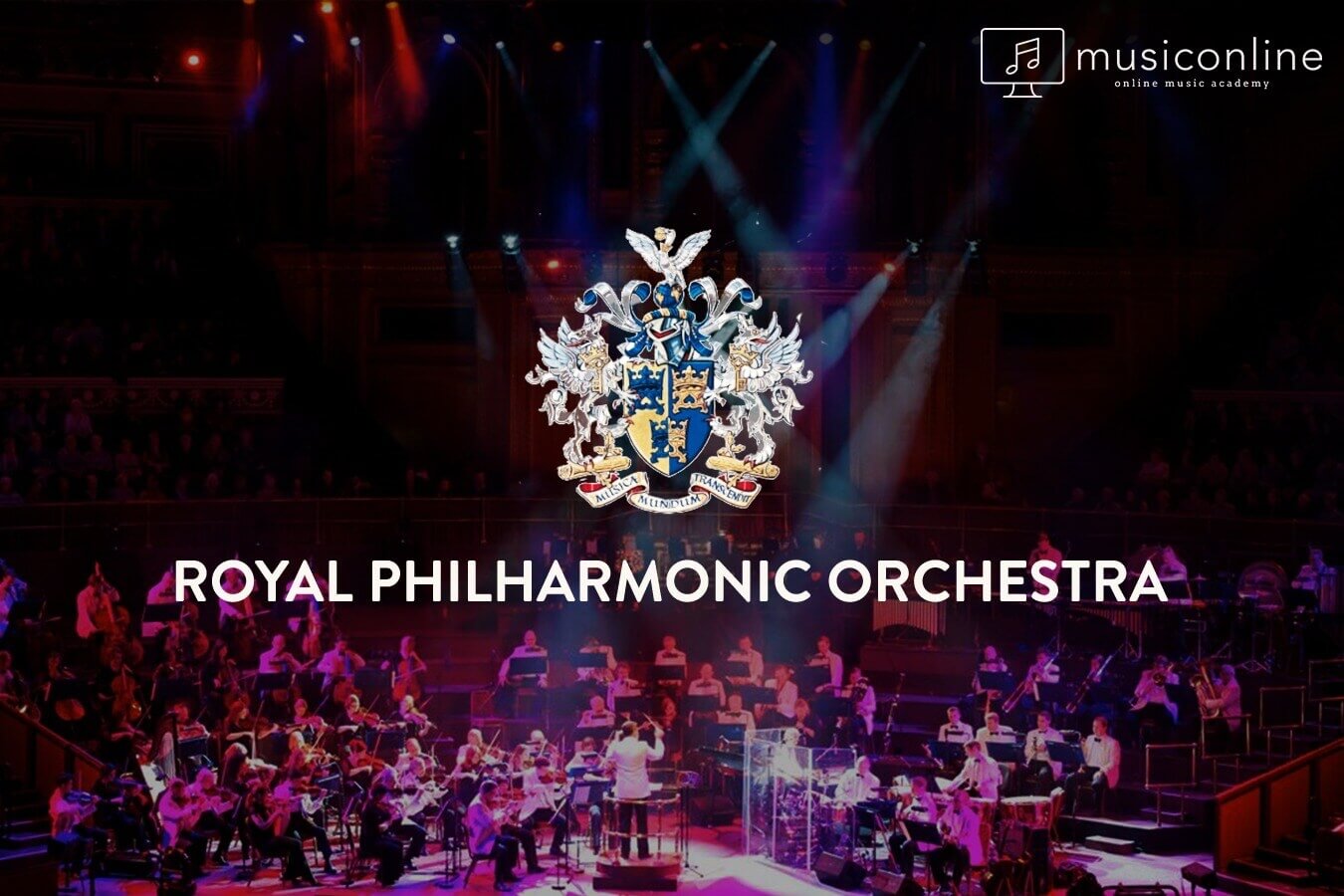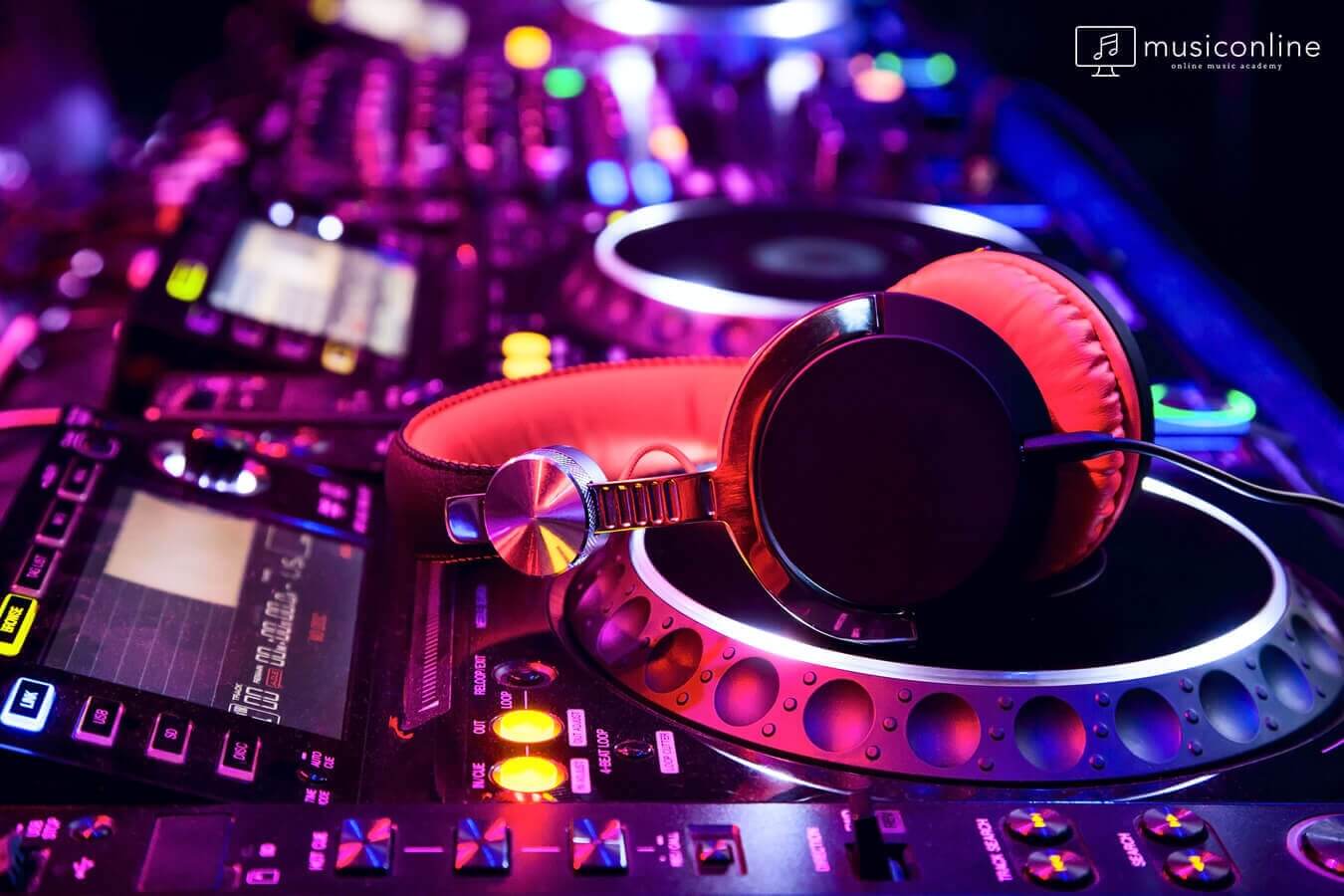musiconline blog
news about us & everything about music on our blog!
The Brief History of Jazz Music
Countlessly many sub-genres, a rich background and colorful figures… It’s almost impossible to not to think of jazz when someone mentions of “good quality music”. It was born in 1900s and is here to stay for sure.
Originating from New Orleans, US, jazz music is highly influenced by traditional Africa music. If you’re interested in the history of music keep reading - you’re about to get enlightened with musiconline!
The word “jazz” is known to be mentioned first in 1912, for a baseball match. Although there are many theories, the most popular one is based on the idea that the word jazz is coming from an old English slang “jasm”, meaning “energy”.
First Years
It’s painful to face with this, humans were buying and selling other humans as slaves until recently. The birth of jazz is directly linked to this fact since the characteristic rhythm in its initial years was inspired by Africa’s traditional percussive music.
During 18th century, African immigrants are reported to bring their musical instruments with them to US - to preserve and honor their culture.
Although the slavery is abolished in 1865, finding jobs in the industry or production was almost impossible for immigrants during that era. This inevitably led them to seek alternative ways to earn money, which were entertainment and music.
New Orleans is reported to be the first place where jazz became actually a ‘thing’. One of the most prominent jazz musician of the era Papa Jack Laine is known for his performances with both white and black musicians.
Louis Armstrong and Swing
With the rise of brass instruments in jazz music, traditional jazz sound has shifted. And during this shift, there was one kid who decided to take his chance with his talent: Louis Armstrong.
Armstrong, became the central figure of jazz in a short period of time and an iconic name for swing sub-genre.
When asked about his perception on jazz and swing, Armstrong has given the coolest answer possible:
“If you don’t feel it, you can’t know it.”
Rules & Prejudice
US government has banned consumption of alcoholic beverages in 1920 - but the abolishment was never truly accepted by the citizens. It even made everything worse, creating a black market for liquor.
Clubs that mainly played jazz music began becoming the main locations for the liquor black market and this created a prejudice about jazz music - as if jazz was a work of the devil and should be illegal.
It’s recored that The New York Times in fact claimed that “Siberian villagers used jazz music to ward off bears”. Yeah. That was the severity of the anti-jazz stance.
Still, jazz has never lost its popularity and musicians like Paul Whiteman, Dorsey Brothers and Earl Hines became great role models for the era.
These are also the times when improvisation became the game changer. Although it was already there since the beginning, Louis Armstrong and Fletcher Henderson stepped on a whole new level on improvisation - and shaped the future of jazz.
Jazz Music in Europe
Jazz is noted to gain popularity after WWII.
Due to the war and the lack of manpower, coming up with big bands became almost impossible - but jazz was a genre that required so less, people were forming small groups to make it! In addition to that, the more time passed by the easier transportation became - and this led jazz music to be spread across different regions in Europe.
Transportation did not improve only for humans - music distribution became the name of the game. Everything got faster, including the rhythms, partitions, melodies of songs… As of 1940, the jazz as we know it started emerging.
Over the time, jazz became more integrated with other genres like rap and rock. This gave birth to new hybrid genres like acid jazz, nu jazz and jazz rap.
Jazz Today
Each sub-genre is beautiful in its own way and has its golden time. But by using the term ‘golden time’ we’re referring to the quality and the quantity of the songs produced for that genre - instead of popularity.
We’re lucky to live in an era where we can learn stuff about music with simply clicks. Whether it’s the history or the music itself, you can educate yourself anywhere you want, anytime you like - thanks to the internet.
And there’s even more! With musiconline, you’re not by yourself but instead given access to the knowledge of highly experienced and valuable instructors. You can start your music career right now, with musiconline. We’re as close as a click :)


